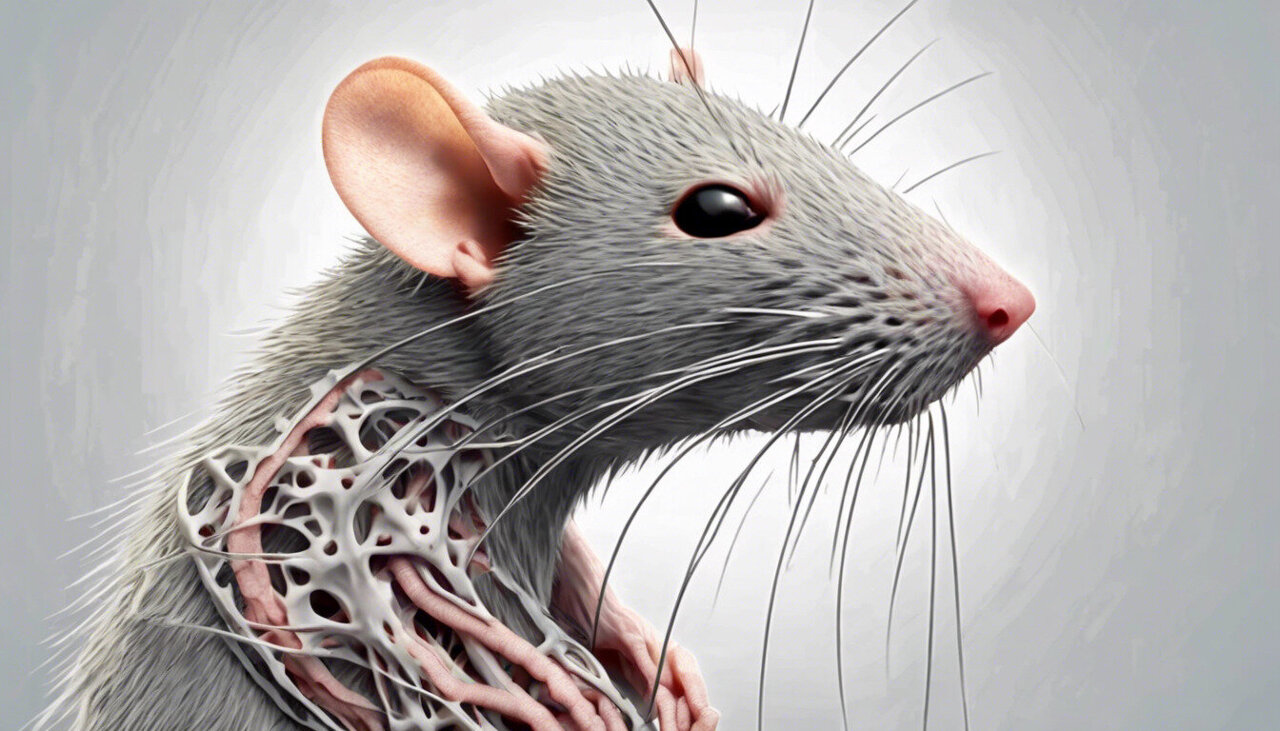Recently, a salon on Artificial Intelligence and the Future of Knowledge Formation was hosted by my university. The panel consisted of two medical doctors specializing in AI applications in medicine, two professors of English literature, and one computer scientist focusing on AI research. Each panelist raised concerns about the ethical implications of AI, highlighting the significance of ethics in the design and utilization of AI technologies.
The prevailing notion is that ethics is often viewed as an additional feature attached to technology, rather than an intrinsic component. The underlying questions revolve around the allocation of power in designing and benefiting from AI advancements, as well as ensuring equitable distribution of AI’s benefits. Essentially, the ethical discourse surrounding technology is fundamentally about governance and control over these technological advancements.
There is a prevalent belief that we can imbue moral values into our machines. However, the concept of who shapes the design and reaps the rewards of AI is deeply embedded in the modern mythos of technology. The idea that humans can exercise complete control over technology and instill morality into AI raises profound questions about the nature of human agency and the mythologies that underpin our relationship with technology.
Rather than focusing solely on the “who” aspect of technology control, it is crucial to delve into the anthropology that informs the belief in human mastery over technological creations. The narrative of human dominance over tools is challenged by the symbiotic relationship between humans and their technologies, where the development of human reasoning is intricately linked to tool usage throughout evolutionary history.
The dichotomy between natural beings and artificial tools, as delineated by Aristotle, is not as clear-cut as traditionally perceived. The evolution of human cognition and language is intricately intertwined with tool use, suggesting that technology has played a pivotal role in shaping human identity and capabilities.
The shift from oral to written communication, as explored by scholars like Walter Ong, has had profound implications on human thought processes and cultural evolution. The advent of writing and printing press has redefined how we perceive and interact with the world, influencing not just what we think but how we think.
Technology has the power to offload cognitive and moral responsibilities, potentially altering our habits and ethical inclinations. The increasing reliance on AI for tasks traditionally performed by humans raises concerns about the erosion of critical thinking skills and intellectual autonomy.
As we navigate the ethical dimensions of AI, it is imperative to move beyond the control paradigm and delve into deeper anthropological questions about human identity and technological influence. The interplay between humans and their creations underscores the need to reevaluate our understanding of selfhood and the spiritual essence of human existence in the age of advanced technology.










